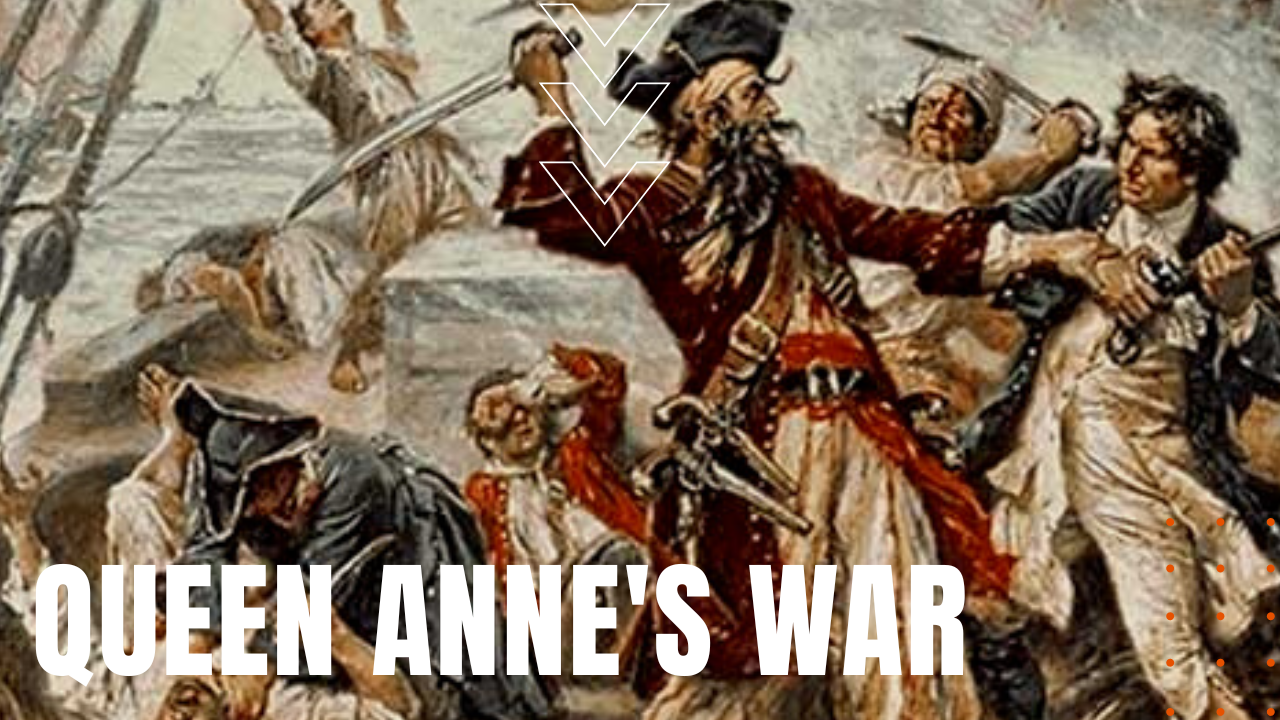Queen Anne’s War

Nearing the end of the Age of Exploration, France England and Spain waged war against one another, as they jockeyed for control of their North American colonies. Fought during the reign of Queen Anne of Great Britain, from 1702 to 1713, Queen Anne’s War was the second of four great wars that made up the French and Indian Wars, each superpower backed by indigenous bands of Native Americans in four distinct theaters of conflict.
Four Stages of War
The first was fought in the American south, involving Spanish Florida and England’s Province of Carolina, fought between French and English colonists at Fort Louis de la Louisiane near present-day Mobile Alabama, and while little territory changed hands, the battles seriously decimated Native American populations in Florida and Georgia and witnessed the destruction of a network of Spanish missions in Florida.
Multiple Theaters of War
A second front was New England, where repeated British expeditions pounded Quebec City and the Canadian border frontier of Acadia, including the 1710 capture of the Acadian capital at Port Royal, while French colonists executed repeated raids of their own on the English Province of Massachusetts Bay, most famously the 1704 Raid on Deerfield and the 1707 Raid on Groton.
Economically Destructive Results
A third theater was Newfoundland, where the English colonists at St. John’s conducted economically destructive raids on French colonists at Plaisance, and while French colonists successfully captured St. John’s in 1709, the British quickly reoccupied it after a French withdrawal. A fourth frontier comprised ongoing maritime battles from New England to Acadia, where privateers captured 102 English vessels, which led to a British victory when English naval warships captured Acadia in present-day Nova Scotia.
Preliminary Peace in 1712
Following a preliminary peace in 1712, Queen Anne’s War officially ended in 1713 with the signing of the Treaty of Utrecht, which saw France cede the territories of Hudson Bay, Acadia and Newfoundland to Britain, while retaining Cape Breton Island and other small island possessions in the Gulf of St. Lawrence, and while the treaty ended war between the superpowers of the day, its lack of redress to indigenous communities in North America, set the stage for years of future conflicts between European/American settlers and Native Americans, collective known as the Indian Wars.
